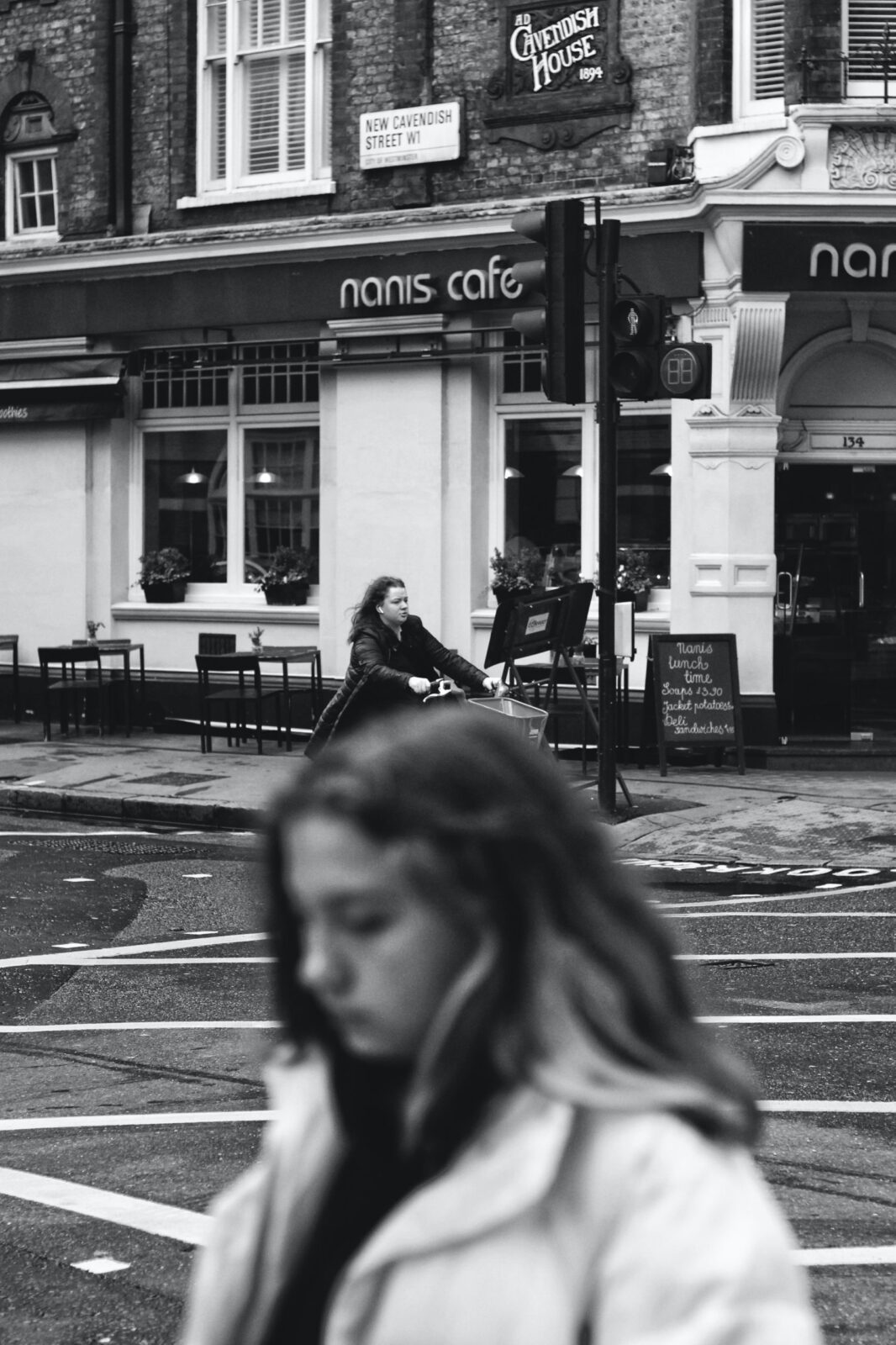The Pandemic is a Wake-up Call: Never Have We So Needed Each Other’s Kindness
A good friend who is a professor at the Universitá del Piemonte 75 km west of Milan wrote to me two months ago about her experience with Italy’s nationwide lockdown:
My family, friends, colleagues and I are all well but things are indeed quite difficult here, especially from a psychological point of view. Now we all live in a red zone and feel the great responsibility to keep the contagion under control, so we stay at home most of the time. Yesterday I went out to buy a few things in the neighborhood but faces were worried and sad, people keep the recommended distance and someone told my son to stay away. Not everyone understands that we should be supportive and stay emotionally close.
Rejection Hurts
Social exclusion is an extremely dangerous state of mind to foist upon anyone. A series of experiments led by the social psychologists Jean Twenge of San Diego State University and Roy Baumeister of Florida State University found that even a brief experience of social rejection can propel someone into a downward spiral that includes feelings of hopelessness, increased aggression, binge eating, and irrational, risky behaviors. This toxic digital cocktail has disturbingly negative effects on teens (and especially girls and young women) in their most vulnerable stages of socialization and identity formation, including increased risk of depression and suicide.
Roy Baumeister is a reserved and extremely intelligent man who, for good reason, has become one of the most accomplished social psychologists alive. I first met Roy for lunch in Barcelona about seven years ago. More recently, I asked him why social ostracism or rejection, which now comes fast and furious through electronic communication, so easily sends us into a tailspin.
Baumeister’s answer reminded me why his work has inspired my research, with Sarah Wright of the University of Canterbury in New Zealand, on loneliness and disconnection. “It thwarts one of the most basic and powerful drives in the human mind,” he shared. “We evolved with a strong need to belong, so that we connect with others. Rejection and ostracism mean that one has failed to satisfy that need.”
The importance of this need has not escaped others intent on damaging individuals. In traditional societies, social ostracism was often used as one of the most severe forms of punishment. This effect is more pronounced in younger people, as their rapidly developing brains are more highly sensitized to detect social exclusion.
New Partners in the Digital Age: Youth and Loneliness
It is perhaps for this reason that the Cigna study on loneliness released in January 2020 counterintuitively found that it’s not the elderly, as most anticipate, who are the loneliest in US society, but children and teens. Almost eight of every ten Gen Zers (79 percent) and over seven in ten Millennials (71 percent) are now lonely, compared to half of Baby Boomers (50 percent). This finding is extremely disconcerting, not only because of the suffering of our youngest generations, but also because they gradually replace the oldest and become our new society.
Yet social media-accentuated ostracism continues to surge unchecked while we blithely log on to Facebook, Twitter, and Instagram. A recent study by Baumeister and his colleagues has found that ostracism even disables some facets of psychological functioning, including a sense of meaningfulness in life. Believe it or not, even feeling rejected by a social group one despises—in another study, participants were manipulated into believing they were being ostracized by the KKK—can be hurtful.
So the next time you are engaged in real-time social interaction and are feeling irritable and about to speak unkindly toward someone, as someone did to my friend’s son in Piemonte, consider that their dialogue with you may be the only one they have with anyone before they return to their isolated existence to avert the coronavirus. The amount of time they ruminate on their interaction with you will likely be much longer than before.
Even before this public health crisis, many people who thought they were free were really meaning to walk freely on this earth, but instead were spending most of their waking hours behind one screen or another (e.g., phone, laptop, TV, etc.). The people in your community have never needed your compassion more than today. You have also likely been more in need of experiencing the reduction in stress that being compassionate toward others produces within you.
Please tell us about YOUR recent acts of kindness in the comments. How have they influenced how you experience the pandemic?




